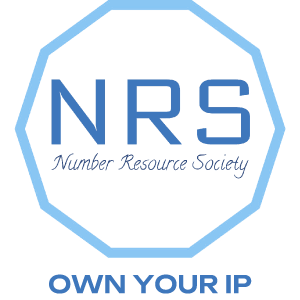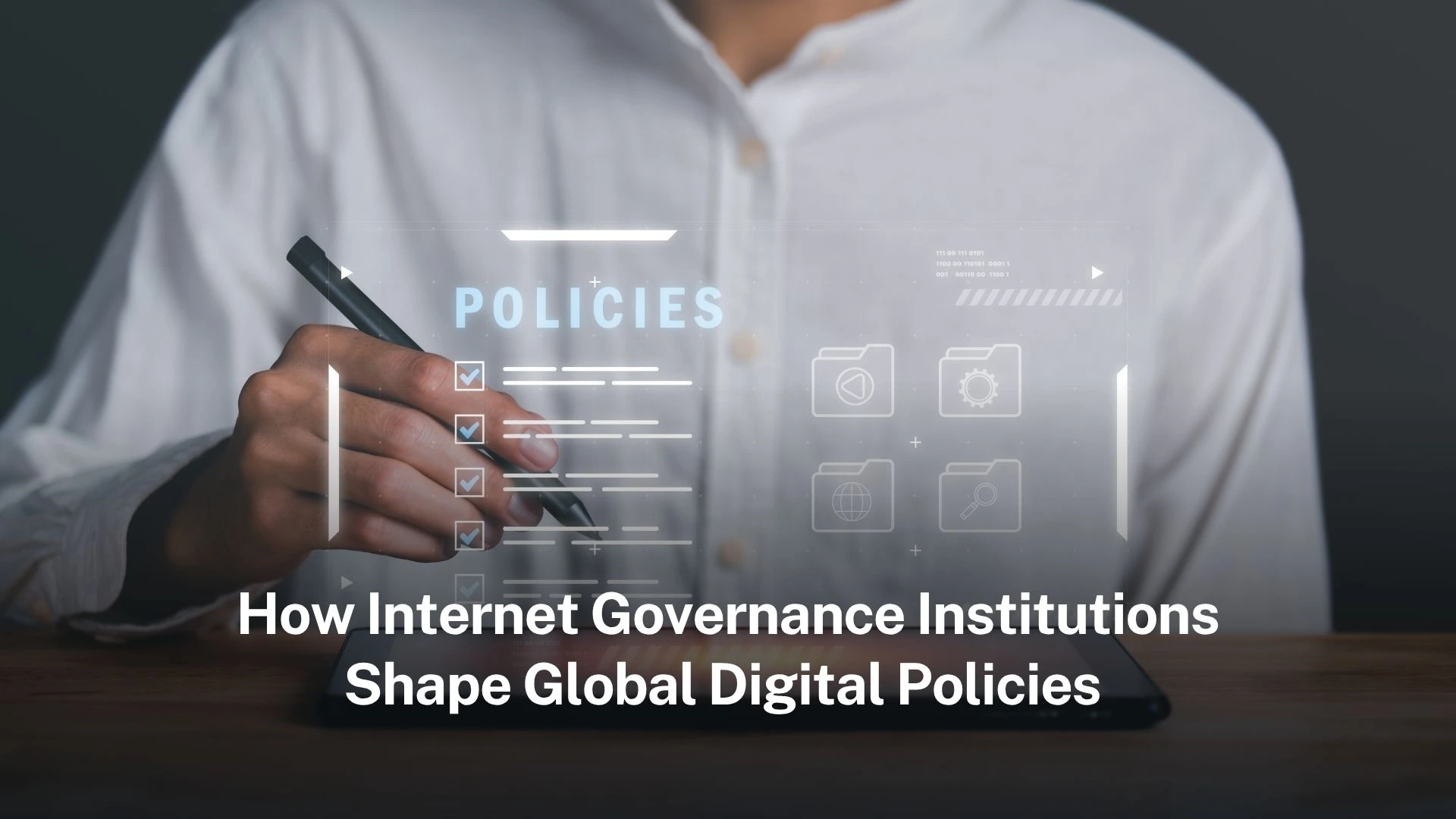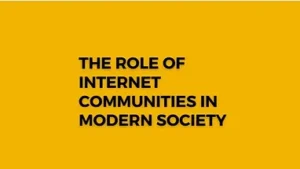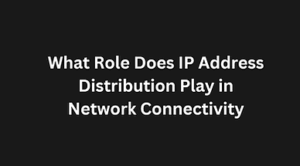The role of global internet governance institutions is evolving. This evolving role is central. It is central to shaping digital policies. These digital policies impact us all. Every person around the world feels the effect of these policies. No one is excluded from this effect.
Internet governance institutions have a key task. They balance regional needs. They also balance global standards. This balance serves a purpose. It helps ensure the internet is secure. Security keeps users and data safe. It helps ensure the internet is inclusive. Inclusion means all users can join. It also helps ensure the internet is equitable for all users. Equity means fair treatment for everyone.
These organisations play a key role. Their role is addressing issues. These issues exist in the modern internet age. One major issue is cybersecurity. Cybersecurity fights online threats. Another issue is privacy. Privacy protects personal information. A third important issue is digital trade. Digital trade supports online business across borders.
Introduction
The role of internet governance institutions has grown. It has grown ever more crucial. It is more crucial than it was before. No other time has it been this crucial.
Digital policies cover many areas. They cover cybersecurity. Cybersecurity defends against hacks. They cover privacy regulations. These regulations set rules for data use. They cover intellectual property. This protects creative work online. They also cover data sovereignty. This means countries control their own data. The policies created by these bodies have a profound impact. This impact is deep. It reaches nearly every aspect of our digital lives. Our daily online activities feel this impact.
In 2025, these institutions will continue to face a digital landscape. This landscape is rapidly evolving. It changes fast every day. It presents tremendous opportunities. Opportunities for new tech and services. It also presents significant challenges. Challenges that need careful handling.
This article will explore key internet governance bodies. It will explore how they shape global digital policies. It will also explore the broader implications. These implications affect different areas. They affect technology development. They affect business operations. They affect individual users.
We’ll understand how these organisations influence the digital ecosystem. The ecosystem includes all online parts. We’ll also understand what the future holds for global internet governance. Future plans and changes will be clear.
What is Internet Governance?
At its core, internet governance has a specific meaning. This meaning is clear. It refers to the rules, policies, and standards. These three elements work together. They guide the operation of the global internet. The internet needs this guidance to work.
These policies affect a wide range of areas. One area is how domain names are allocated. Domain names are web addresses like google.com. Allocation means giving them to users. Another area is how IP addresses are allocated. IP addresses are unique codes for devices. A third area is how online platforms are regulated. Regulation means setting rules for sites like social media.
Internet governance is typically carried out by different groups. Each group has a part to play. One group is multilateral organisations. These work across many countries. Another group is government bodies. These are national authorities. A third group is private companies. These build and run internet services. A fourth group is civil society groups. These represent user interests. Each group plays a role. Their role is ensuring the internet remains a secure resource. Security keeps it safe. It should be an accessible resource. Accessible means easy to use. It should also be an open resource for everyone. Open means no unfair barriers.
The aim of governance is clear. It has four main points. It is to ensure a stable internet infrastructure. Stability means it works without breaks. It is to ensure a secure internet infrastructure. Security means it fights threats. It is to protect users’ rights. Rights like privacy and free speech. It is also to encourage innovation in the digital space. Innovation means new ideas and tools.
The Key Players in Internet Governance
Several influential institutions exist. They are important in internet governance. They have a direct hand in shaping global internet policies. Their actions change these policies.
1. ICANN
ICANN has a main responsibility. This responsibility is clear. It is responsible for coordinating the domain name system (DNS). The DNS is a key part of the internet. The DNS serves a key purpose. It ensures that every website and online service can be easily found. Users don’t struggle to locate them. It uses a unique IP address to make this possible. Each site has its own IP address.
ICANN also manages the distribution of IP addresses. Distribution means giving them out. This management has a goal. It ensures that these crucial digital resources are allocated fairly. Fair means everyone gets a fair share. It also ensures they are allocated efficiently. Efficient means no waste.
The internet is growing. More people and devices join daily. The demand for IP addresses is increasing. More addresses are needed. Because of this, ICANN’s role is essential. It cannot be replaced. It is essential in maintaining the stability of the global internet. Stability keeps the internet working.
Lori Schulman is the director of IP policy at the Internet Society. She holds this important position. She provides expert views on IP policy related to the internet.
2. The Internet Society (ISOC)
ISOC is an organisation. It is a leading global nonprofit. Nonprofit means it works for the public good. Its work focuses on promoting the open development of the internet. Open development means anyone can contribute. It promotes the evolution of the internet. Evolution means it grows and changes. It also promotes the use of the internet. Use means more people access it.
ISOC advocates for specific policies. Advocacy means pushing for these policies. These policies ensure the internet remains a platform. A platform for different activities. It should be a platform for freedom of expression. People can share their thoughts. It should be a platform for innovation. New ideas can grow. It should also be a platform for economic development. Businesses can grow online.
ISOC works closely with different groups. Collaboration is key. It works with policy-makers. These people make digital laws. It works with business leaders. These run internet companies. It also works with civil society groups. These represent users. Their joint effort is promoting digital inclusion. More people get online. It is promoting data privacy. Data stays safe. It is also promoting cybersecurity. Online threats are fought.
3. The ITU
ITU is an agency. It is a specialised agency of the United Nations. The UN oversees this agency. Its work involves coordinating global telecommunications standards. Standards ensure tech works across borders. It also coordinates global telecommunications policy. Policy guides how telecoms work worldwide.
The ITU plays a key role. Its role is regulating emerging technologies. Regulation means setting rules. These technologies include 5G. 5G is fast mobile internet. They include satellite communications. This brings internet to remote areas. These technologies change how the internet works.
The ITU is instrumental in a key area. Instrumental means very important. It ensures that countries and companies can access communications infrastructure. Infrastructure means the physical and digital parts. This infrastructure should be secure. It stays safe from threats. It should be affordable. It doesn’t cost too much. It should also be of high quality. It works well.
Why Internet Governance Matters
The digital world is growing. It gets bigger every day. As it grows, the importance of governance becomes more pronounced. It is more obvious. Here are the key reasons why internet governance is essential:
1. Security and Stability
The internet is a backbone. A backbone supports a system. It is a backbone for global communication. People talk across the world. It is a backbone for finance. Money moves online. It is a backbone for education. Learning happens online. It is also a backbone for much more. Many other activities depend on it.
To ensure these services remain secure, governance bodies work. They take action. Bodies like ICANN and the ITU work tirelessly. They work nonstop. They work to maintain the internet’s infrastructure. They keep it in good shape. To ensure these services remain stable, the same bodies work tirelessly. Stability means no sudden breaks.
Without proper governance, risks increase. Risks get bigger. The risk of cyberattacks increases. More hacks happen. The risk of data breaches increases. More data gets stolen. The risk of service disruptions also increases exponentially. Disruptions happen more often and worse.
2. Privacy and Data Protection
Individuals and businesses share more data online. They share personal and work info. This sharing increases every day. More data is shared each time. It is more important than ever before. No other time has it been this important.
Internet governance institutions help in a key way. They provide support. They help establish frameworks. Frameworks are sets of rules. These frameworks protect personal information. Info stays private. They also ensure companies follow privacy regulations. Companies don’t break the rules. This influence is thanks to the efforts of organisations like ISOC. ISOC works hard for this.
Jennifer Stoddart is the former Privacy Commissioner of Canada. She held this role before. She says, “Privacy concerns are growing globally. More people worry about privacy. Internet governance bodies have a role in creating and enforcing policies that protect user data. They make and enforce rules. The internet must remain a space where people can communicate freely. They talk without limits. They should not fear misuse of their personal information. No one misuses their data.”
3. Digital Inclusion
A key goal of internet governance is clear. It has a main aim. It is to ensure that everyone has access to the benefits of the internet. Benefits like learning and working. This access should not depend on geographical location. Where you live doesn’t matter. It should also not depend on socio-economic status. How much money you have doesn’t matter.
In many regions, reliable internet access remains a challenge. It is hard to get good internet. These regions are particularly in the Global South. Places like parts of Africa, Asia, and Latin America.
Institutions like ISOC are working towards a goal. They have a target. They are working towards improving digital inclusion. More people get online. They advocate for affordable internet access. Internet doesn’t cost too much. They also support infrastructure development in underserved areas. They build the parts needed for internet.
Challenges Facing Internet Governance in 2025
Internet governance institutions are making significant strides. They are making good progress. But they also face substantial challenges in 2025. Big problems exist. These challenges are notable and require attention: They need to be looked at.
1. Cybersecurity Threats
The threat of cyberattacks has grown. It has become bigger. This growth has happened in recent years. It changed over the last few years. Cybercriminals target different things. They attack various targets. They target critical infrastructure. Things like power grids. They target financial systems. Banks and payment sites. They also target personal data. People’s private info.
2. The Rise of Digital Nationalism
Countries are increasingly focusing on certain areas. They pay more attention. They focus on digital sovereignty. Countries control their own digital systems. They also focus on local control over internet infrastructure. They manage their own internet parts. As a result, tensions are rising. Arguments get worse. These tensions are between national interests and the global nature of the internet. Countries want what’s best for them vs. the internet’s global reach. The internet is borderless. It has no country limits.
These tensions could lead to a specific outcome. They might cause something to happen. They could lead to fragmented governance structures. Governance is split into parts. In these structures, countries impose their own regulations. Each country makes its own rules. This could potentially cause clashes with global policies. Country rules fight global rules.
FAQs
1. What is ICANN’s role?
ICANN has clear jobs. It manages the domain name system (DNS). It runs the DNS. It gives out IP addresses. These tasks have a key goal. They have a main aim. They ensure the stability of the global internet. The internet works without breaks. They also ensure the interconnection of the global internet. The internet connects all parts.
2. Why is the Internet Society important?
The Internet Society has a key purpose. It has a main reason to exist. It advocates for an open internet. It pushes for open access. It advocates for an accessible internet. It pushes for easy use. Its work includes promoting policies. It works to get rules adopted. These policies ensure privacy for users worldwide. Users everywhere have privacy. They ensure security for users worldwide. Users everywhere are safe. They also ensure digital inclusion for users worldwide. Users everywhere can get online.
3. What is the ITU’s mission?
The ITU has a main goal. It works to coordinate global telecommunications standards. It makes sure telecoms standards work globally. It also works to promote internet access. It helps more people get online. This access should be affordable. It shouldn’t cost too much. It should be reliable. It should work well. This is especially important for underserved regions. Regions with little internet.
4. How do cybersecurity threats affect this?
Cybersecurity threats affect things in a certain way. They undermine trust in the digital ecosystem. People don’t trust the digital world. Governance bodies must take action. They need to do something. They must collaborate.
5. How does digital inclusion relate to internet governance?
Digital inclusion has a clear definition. Everyone can get online. Governance institutions have a role. They work to reduce the digital divide. They make the gap smaller. They provide affordable internet for all users. All users can get cheap internet.




